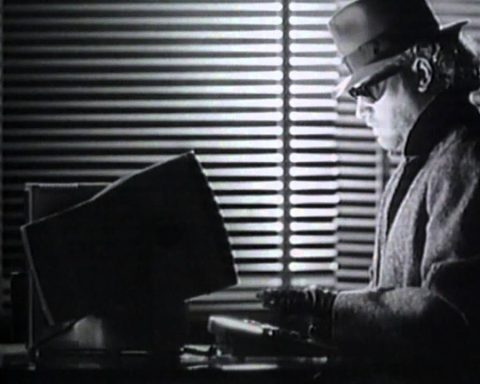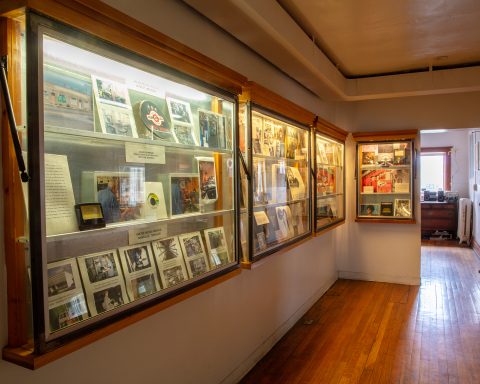So, you’ve already got the music part down. You’ve built entire albums from scratch in your bedroom. However, do you know how to make your creation stand out online? One way to get your music heard is through publicity, and you can do this yourself—for free—if you take the time to learn the DIY approach.
I work as a music publicist at 10K Projects. Additionally, I’m a journalist with bylines in Variety, Chicago Tribune, and Flaunt. Today, let’s look at how this area of the music business works and how you can get started on your own.
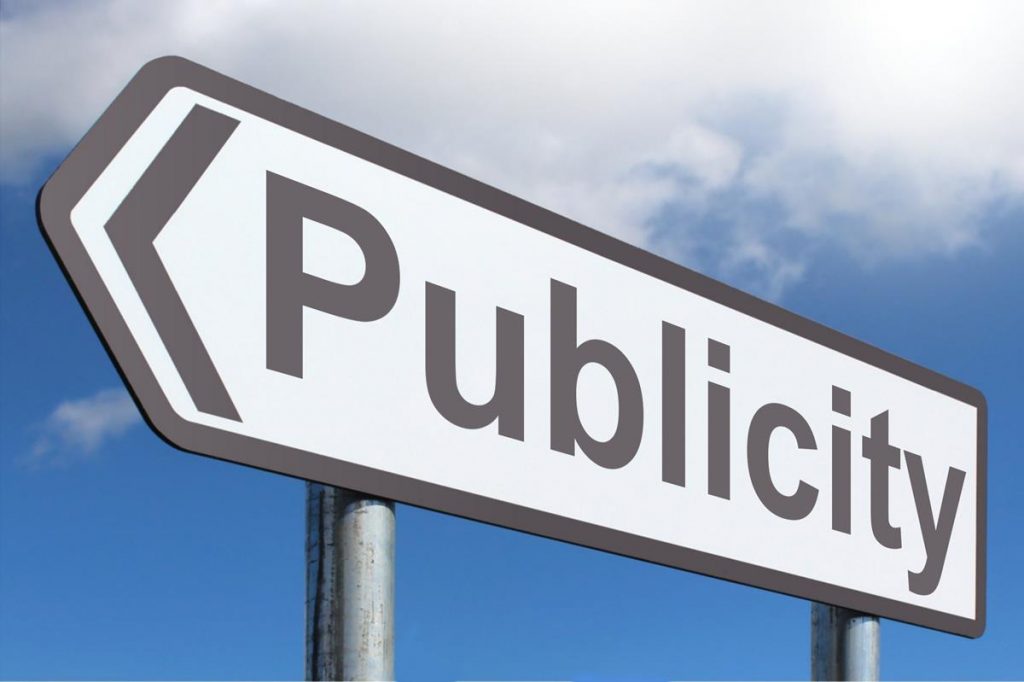
What Is Publicity?
The job of a music publicist is to curate and tell an artist’s story. To do this, a publicist reaches out via email to different publications they think would be a good fit. They’ll share upcoming music and info in hopes that a journalist will cover their artist.
Publicists try to secure articles in publications and blogs as well as appearances on podcasts and in other media. Their work does not include pitching to playlists or radio tracking. An exception would be a publication’s curated playlist.
"The job of a publicist is to curate and tell an artist’s story."
Tip #1: Finding Publications that Make Sense
Not all publications are going to be right for you. Indeed, there are countless artists out there and not nearly enough journalists to cover them all. Keep in mind that even the best publicists receive a ton of rejections or no responses at all.
A DIY publicist should cast their nets wide and be realistic. If you’re a brand new artist, Rolling Stone may not be the best fit. Try for something smaller. Moreover, even tiny blogs are helpful to get used to the process, learn to give interviews, and increase SEO.
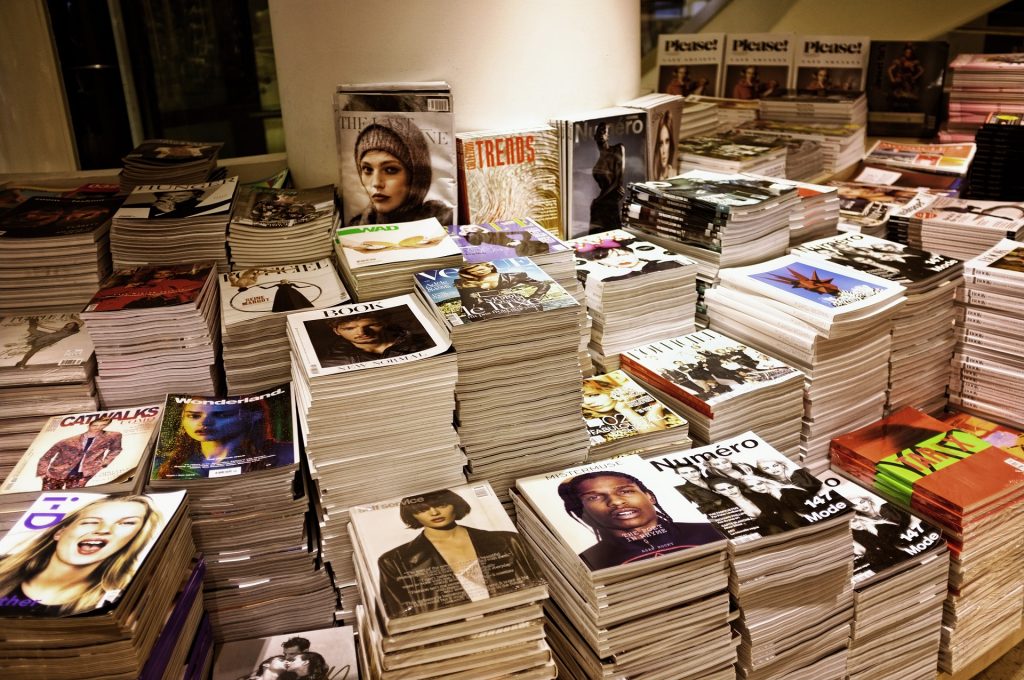
Like Attracts Like
First, think of a few similar artists. Next, start Googling publications that cover them. Familiarize yourself with writers and publications featuring that style. Finally, try to pitch to those people.
Writers and publications have their own musical tastes. As a DIY publicist, don’t send a pop song to a writer who covers only hip-hop. That’s a waste of everyone’s time. You may find multiple writers at the same publication who you think are a good fit. It’s fine to send pitch emails to all
Tip #2: Finding Contact Information
After creating a list of writers and publications, you’ll need to find contact methods. Most writers do not take well to social media DMs. Look for an email address instead. Most publications have email formats. Some common examples are below.
- firstname.lastname@publication.com
- firstname@publication.com
- firstinitiallastname@publication.com
The Era of the Freelancer
These days, more and more writers are freelance. This means they write for multiple publications and aren’t staff writers. If you find a great freelancer, remember they won’t have a specific email for a publication.
"Writers have their own tastes. Don't send a pop song to a writer who covers only hip-hop."
Social Media Research
Looking up a journalist on Twitter, LinkedIn, or Instagram is a great way to find their email. You’ll also learn more about them and their interests.
If they have a website in their bio, click on it. It’s likely a portfolio website. If you didn’t find their email on their social media, it might be there.
Hunter for Chrome
A Chrome plugin called Hunter logs official emails it finds online. Download the plugin and see if you can find the journalist you’re looking for. If you don’t locate them, you may at least be able to crack their email formula.
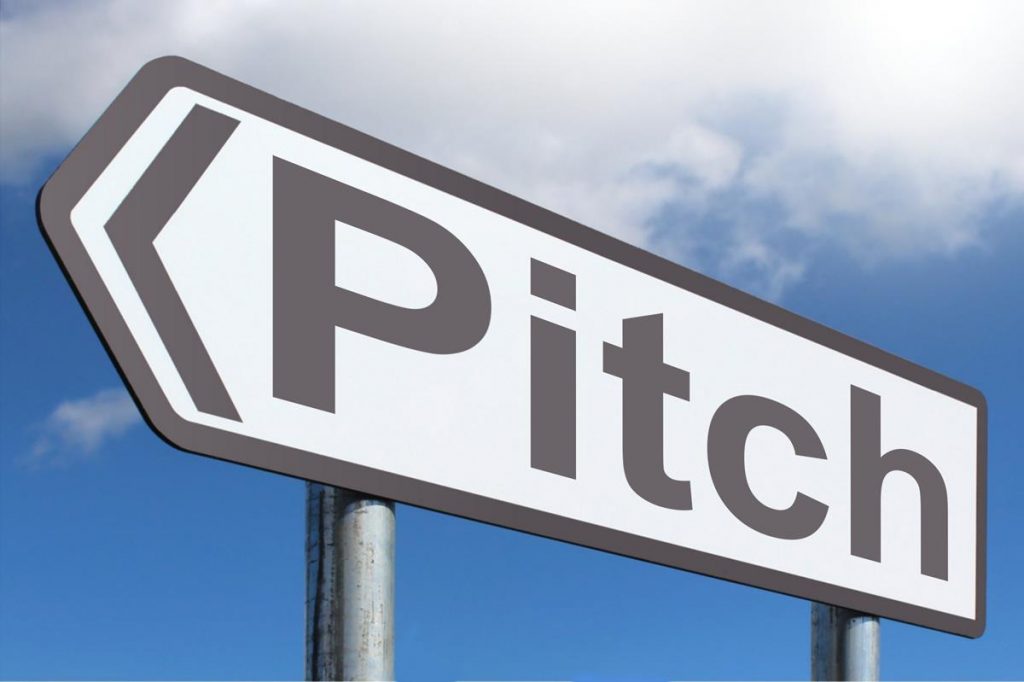
Tip #3: Writing the Pitch
There are many ways to go about writing a pitch email. There is no specific formula. In my experience, writing short but informative pitches is the best way to go. It’s always a good idea to tailor your pitches to the journalist. You can mention a great article they wrote or a shared connection.
Remember, these writers will receive many pitches a day. Don’t waste their time and make everything as clean and accessible as possible. Include hyperlinks to social media and Spotify profiles. Also, attach press photos to the email.
A Little Respect Goes a Long Way
Many journalists at smaller publications don’t get paid and write purely for the love of music. Furthermore, acting like you deserve coverage is disrespectful. Highlight your achievements (a sold-out show, producing a bigger artist, impressive streaming numbers, playlist spot), but do so respectfully.
Pitching starts about two weeks ahead of a release. Follow up with those who don’t reply every week or so until the project is two weeks old. After that, assume they’re not interested.

Sample Pitch Email
SUBJECT LINE: Texas-based songwriter Rhea Rhea to release debut EP 12/14
Hey there!
Hope you’re doing well. I saw your recent interview with Remi Wolf and thought it was amazing. The same producer who worked on Remi’s material also produced a track for my artist, Rhea Rhea. I figured I’d pass her music along to you for consideration.
Texas-based singer/songwriter Rhea Rhea is set to release her debut EP, Homelife, on 12/14. With a synth-pop sound and production by Wiley, ‘Homelife’ includes the recent single “Heart Attack.” The song earned 10,000 streams on Spotify in its first week.
The album follows her struggle leaving her family in Texas to pursue a music career in California. ‘Homelife’ tells of the artist’s story of finding herself in an unfamiliar place. According to Rhea Rhea, Homelife “is the culmination of her life so far.”
Get an advanced listen to ‘Homelife’ HERE.
Would love to set up coverage with you if you’re interested. I’ve attached some press photos and an artist bio to this email for your reference. Let me know if I can provide anything more.
Best,
Kristin
The Third Person
If you are a DIY artist pitching your own music, I recommend setting up a generic email for sending pitches. Sending communications in the third person, as if you are an artist’s manager or publicist, sounds more professional.
"Doing research and sending out emails to get someone to write a story doesn’t cost a dime."
Benefits of DIY Publicity
Ultimately, music publicity is a tricky game for even a seasoned veteran. Still, think of this as the cheapest way to market your art. Some acts spend thousands on ads and TikTok campaign. By contrast, researching and sending out some emails to get someone to write a story doesn’t cost a dime.
The worst-case scenario is you spend some hours of your time and receive no coverage. Even then, you’ll have learned something about the music industry. Plus, you never know who ended up listening. Perhaps it will lead to new Spotify streams or enhanced recognition among journalists. All of these are good outcomes. So get out there and pitch your project—DIY style.


